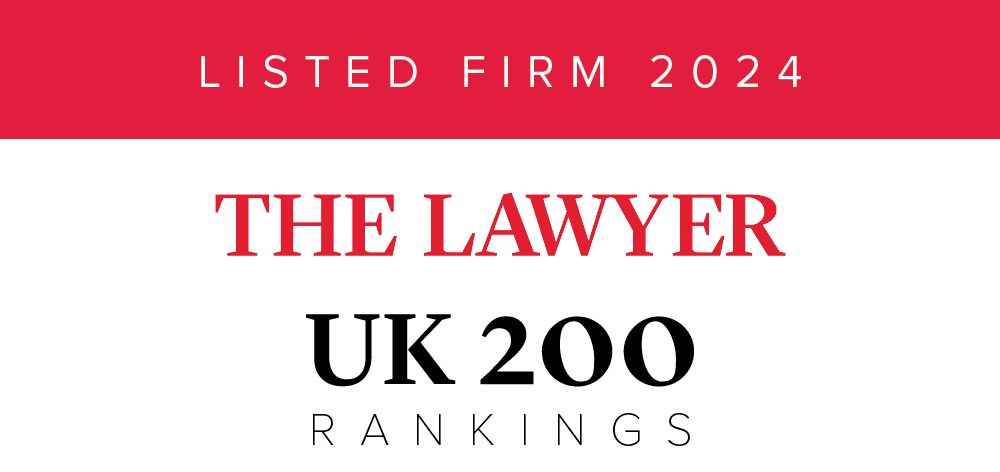A disciplinary procedure is designed to ensure employers deal with misconduct or poor performance of employees in a fair and reasonable way. Failure by an employer to follow a fair and reasonable procedure may make a dismissal unfair and expose the employer to the risk of being ordered to pay compensation by an Employment Tribunal.
Disciplinary procedures are normally set out in a policy within a staff handbook. As a minimum, the policy should comply with the ACAS Code of Practice on Disciplinary and Grievance Procedures (which can be found at: https://www.acas.org.uk/acas-code-of-practice-on-disciplinary-and-grievance-procedures). If an employer does not have a disciplinary policy, the approach should be based on the ACAS procedure.
The following steps should be taken by an employer:
- Before an employer decides whether an employee should be subject to a disciplinary procedure, they must promptly investigate to establish the facts. In instances of serious misconduct (e.g. potential threat to business or employees), or where matters cannot be investigated while the employee is in work or relationships have broken down, the employer should consider suspending the employee. Any suspension should be as short as possible and kept under review. Employees should receive full pay for the duration of the suspension. Suspension, however, should not be used as a sanction.
- If there is evidence to support a disciplinary procedure, the employer should notify the employee of the allegations/issues (including evidence to support), any potential consequences (such as dismissal) and invite the employee to a meeting. The meeting should be held promptly, while allowing the employee reasonable time to prepare.
- The meeting should be held by a more senior Manager than the person who conducted the investigation. Employees have the right to be accompanied by a colleague or trade union representative at a disciplinary meeting. The employee should have the opportunity to set out their case, call witnesses and respond to the allegations. Notes should be taken, and the employee should be provided with a copy of these. A decision should not normally be made at the meeting.
- After the meeting, the employer should consider the employee’s explanation and decide what action to take. Sanctions available include: a written warning, a final warning (for a failure to improve or where misconduct or performance is sufficiently serious) and dismissal. Employers should write to the employee confirming the outcome of the disciplinary.
- Employees should be given the right to appeal the decision.
If you have been subject to a disciplinary process at work and believe the decision or the process carried out was unfair, you should obtain legal advice as soon as possible.
Sills & Betteridge LLP have a team of experienced employment solicitors who can advise you on your employment rights and the options available if those rights have been breached.




















